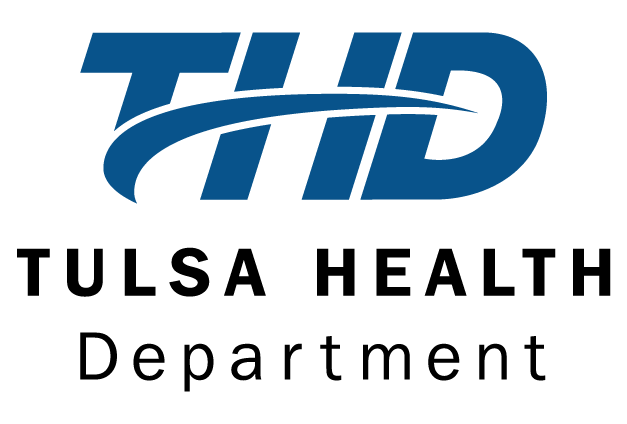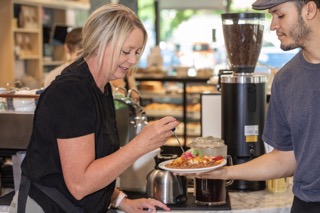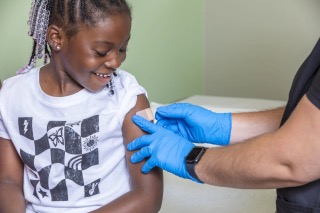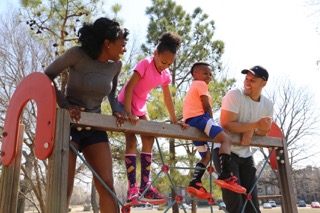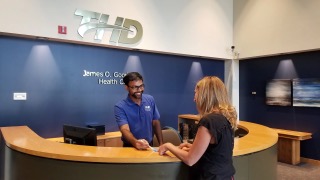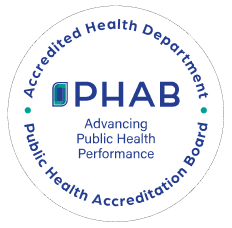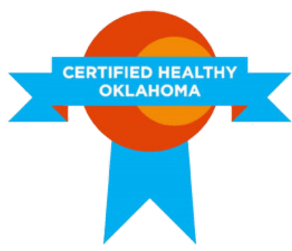What is Prevention Education?
Prevention education is exactly what it sounds like: we provide education that can prevent and/or mitigate spread of a specific disease. Currently, we are focusing on hand hygiene and general respiratory etiquette which is very relevant given we are in the middle of flu season. Washing our hands the right way and learning how to properly cover a cough or sneeze can prevent 1 in 5 respiratory infections. This number becomes even more important when we think about the 9 million people who become infected with the flu each year – we could prevent 180,000 infections and 5,000 deaths just through prevention education!
The Epidemiology team goes into the community and reaches a wide population and demographics. Coinciding with the Tulsa Health Department’s vision, our team incorporates the needs of every Tulsa County resident into our Disease Prevention goals. The Epi team recently attended a vaccination clinic organized by Uma Tulsa for families. We were able to teach kids hand hygiene using Louiee Achooee activity books while their grateful parents filled out the necessary paperwork. We stepped out of our role (and from behind our booth) to be there at the heart of our community, the children, and were able to connect with the parents by doing so.
Below is a picture of an Epidemiology team member as Louiee Achooee to teach kids hand hygiene and respiratory etiquette at a local school.
Epidemiologist Highlight- Ashley Bailey
“While COVID-19 brought us into the forefront where people learned a little about what we do, there are many different sides to being an Epidemiologist. The team focuses on disease investigations, identifying clusters, tracking prevalence, and so much more. My favorite part, however, is disease prevention! As epidemiologists, we focus on mitigating further spread of disease. What better way than to prevent it altogether? We do this by prevention education . As the community liaison, my focus is to be provide resources to community members and be present for all educational opportunities as a preventative method.”
